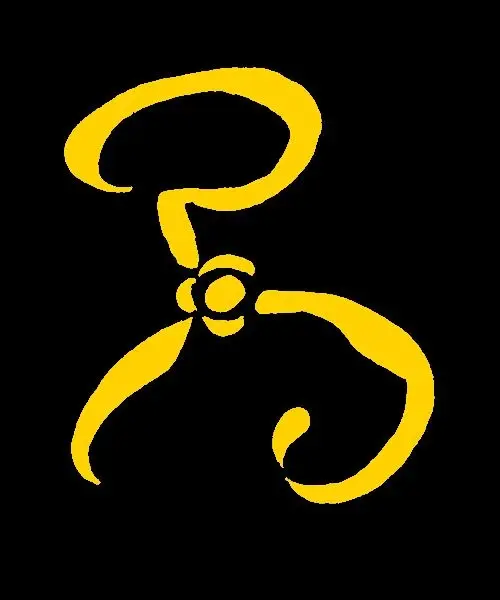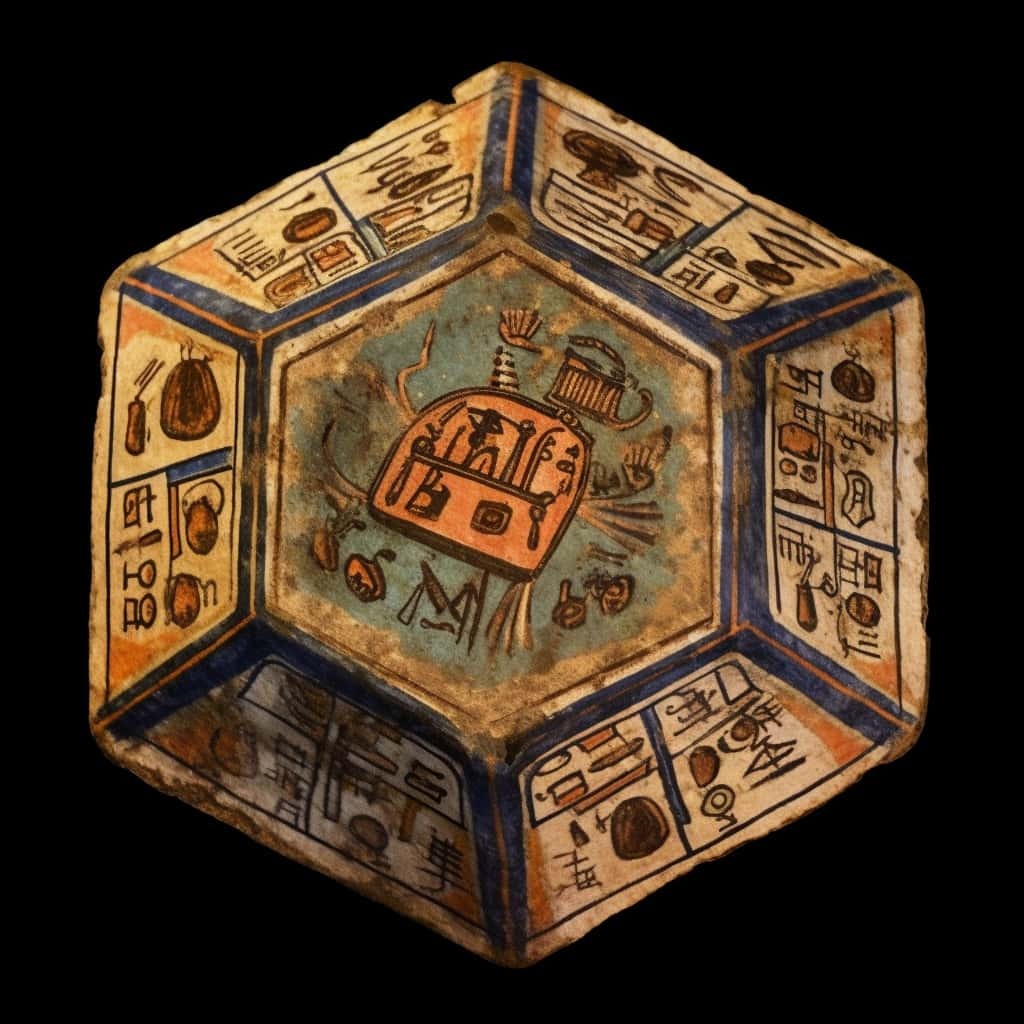

Maybe there should be a piece that tells a story beyond “nyah, I’m evil!”
Any manner of wizard should really have a personal ritual site, allowing them to bask and practice at astrologically appropriate times. Sacrifices on the equinoxes to ensure a bountiful summer and a mild winter; Fires on the solstices in appreciation of said summer/winter; charge under the waxing moon in anticipation of a particularly challenging ritual; dampen troublesome magical side effects under the waning moon; clear your mind under the new moon; channel power of the full moon into your key rituals.








I like Assess the Situation/Open Your Brain/Discern realities etc. Ever since playing Disco Elysium I treat those kinds of moves as Shivers from Disco Elysium. It tends to get a really good response.